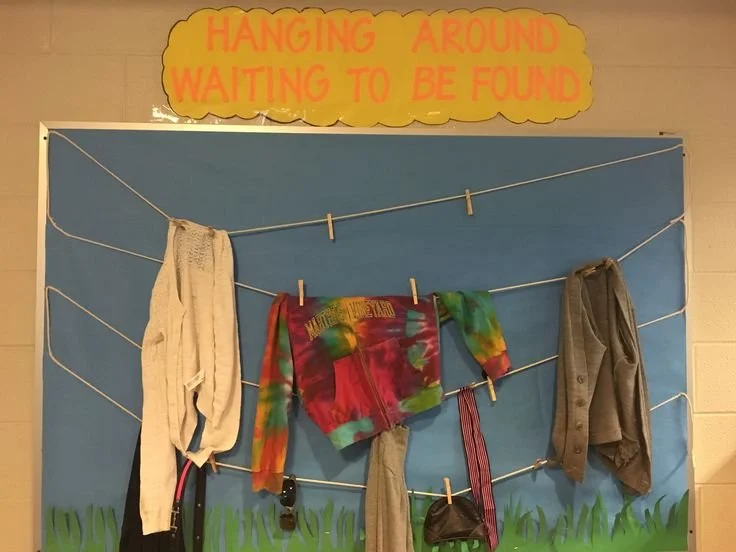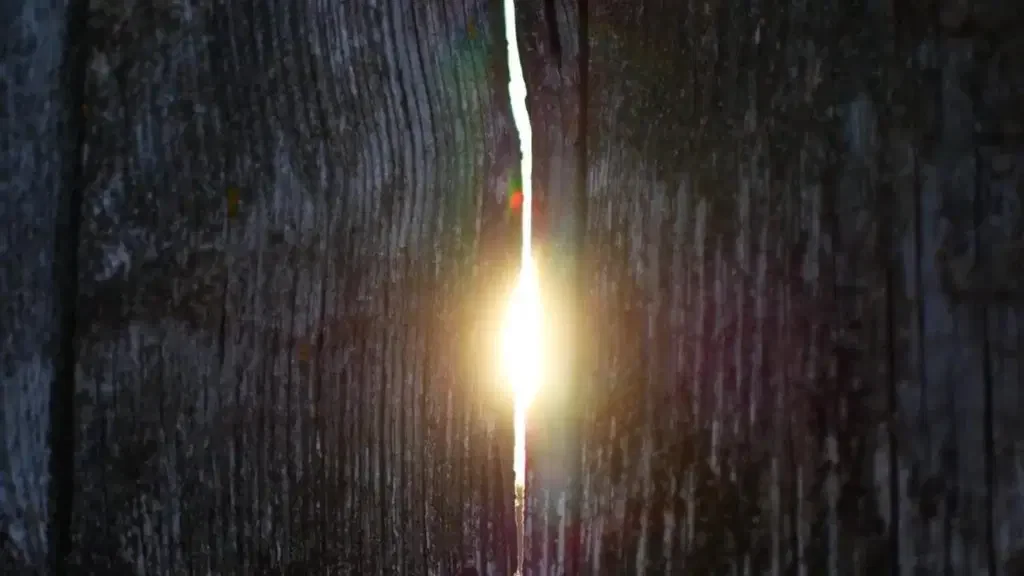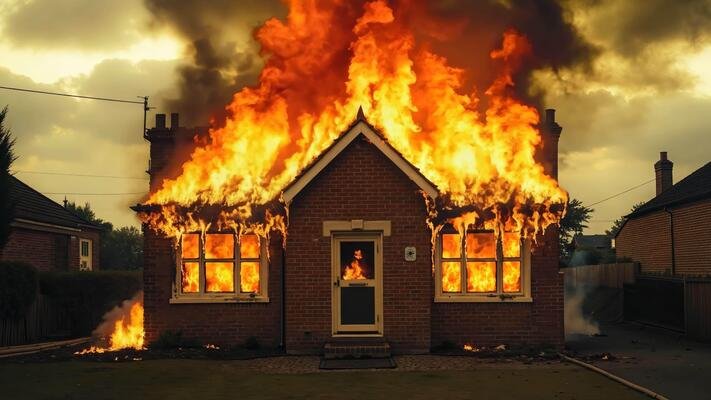
You write to find out what you believe.
-Adam Phillips
Writings and Presentations
-

When We Are Undone: Exploring Moments of Vulnerability, Surrender, and Creative Transformation Within the Analyst
What happens within a treatment when an analyst is overcome by her own primal pain, memory, and even trauma? Dr. Harwell offers a deeply personal look at the interiority of the analyst as she navigates the impossible entanglement of two traumas, her patient Lacy's and her own. Doors are opened within herself -ones she much preferred to keep closed - in the service of understanding Lacy and inevitably herself. Healing comes in spontaneous and ingenious ways by moving deeper into the traumas
-

Psychic Skywriting: The Evangelical Patient's Struggle for Self-Authorship
In the sacred space between divine authority and emerging selfhood, this paper traces the delicate journey of a brilliant young student whose mind could soar through theological paradoxes yet could not bear to leave their thoughts inscribed on paper. Like a kind of psychic skywriting, their ideas bloomed and vanished, beautiful and ephemeral, refusing the permanence that might demand them to choose between their own voice and the voices that had shaped them. Drawing from Jason Jost's exploration of evangelical trauma and Peter Shabad's meditation on human agency, the author reveals how children raised under the unblinking gaze of absolute truth learn to hide their authentic selves, even from themselves.
-

The Emerging Clinical Mind: An Intimate Dialogue within the Supervisory Matrix
In the Oklahoma wind, a scraggly tree learns to sink its roots deep or surrender to the storm. So too must the young clinician discover that the very forces threatening to topple them—uncertainty, vulnerability, the terrifying vastness of another's unconscious—are the winds that grow their capacity to hold what cannot be mapped or measured. This paper reveals how clinicians cannot be trained through maps and linear progressions but must instead cultivate an internal compass that points toward presence even in the storm, where the very uncertainties that threaten to overwhelm become the sacred winds that teach us to dance in the deep waters of another's soul.
-

Thresholds of Belonging: Generosity, Hospitality, Forgiveness in Clinical Practice and Beyond
David Whyte shares innocence is allowing the world to find you again. This paper explores the transforming nature of generosity in the clinical setting through the journey of one patient who believes emotional scarcity is the norm and that the best one can settle for is the quick get, stealing as a substitute for what the other can never provide. Journey with analyst and patient to discover how innocence lost can be found again and how stolen items are reliquished as stolen moments of honest and generous exchanges take hold.
-

Working Through the Unconscious Assumption of Neglect
In the tender geography between safety and threat, this paper traces the journey of a child’s early life in institutional care which taught them that invisibility was survival and connection was catastrophe. Like a master of psychic camouflage, this patient arrived at my consulting wielding exquisite defensive choreographies that could make intimacy vanish mid-sentence. We witness how early neglect rewrites the very architecture of trust, creating toxic stress patterns that turn the nervous system into a battlefield. The therapeutic work unfolds moving from symbolic assassination attempts on the therapist to moments of exquisite vulnerability. Here, in the crucible of a relationship we discover how a child who learned that contact meant intrusion can slowly learn to bear the pain of connection in order to receive its comfort.
-

The Wisdom of the Wound: Institutional Rupture as Sacred Invitation
It's 4 AM and I am standing in front of, an unfamiliar coffeemaker, in an unfamiliar house. "I don't know how to make coffee in this world." This paper is a deeply personal meditation which interweaves the displacement from my family home during the Eaton fires and an institutional breakdown in my professional home. It is a tender exploration of how breakdown births breakthrough, how vulnerability transforms into vitality when we resist the urge to foreclose on uncertainty. Drawing on Rebecca Solnit's insight that "inside the word emergency is emerge," I trace the journey from organizational devastation to generative possibility, arguing that conflicts threatening institutional continuity simultaneously create what Bion calls a caesura—a sacred pause where reimagination becomes necessary. Through Jessica Benjamin's "moral third" and Simone Drichel's "capacity to endure," this speech to graduates reveals how psychoanalytic training during institutional destabilization uniquely positions them not as witnesses to transition but as essential architects where new forms of ethical community can take root and flourish.
-

When Worlds Burn: Learning to Dwell in the Caesura
…until you have, once at least, faced everything you know — the whole universe — with utter giving in, and let all that is “not you” flow over and engulf you, there can be no lasting sense of security. ― Marion Milner, A Life of One's Own
A two year old hangs off the back of a blue pleather chair watching flames eat the house next-door. She has no words for what she's witnessing. But her body is learning about the space between safety and catastrophe; how destruction and creation can occupy the same moment. She is learning, before language, before thought; some things must burn before others can grow.
Forty-three years later, displaced by the Eaton fires, the author stands in a borrowed kitchen at 4 AM, defeated by an unfamiliar coffeemaker: I don't know how to make coffee in this world. That mundane moment crystallizes everything. She realizes she has spent her career learning to manage the caesura rather than inhabit it. The little kid who watched her family's slow-motion breakdown became a therapist specializing in containment—helping others navigate collapsing worlds while maintaining the illusion that she herself lives on solid ground.
Sometimes we must be evacuated from our own certainties before we can meet patients in their impossible places. Sarah and David have been in treatment for five years, but their relationship is a fire hazard. Individual survival strategies, masterfully crafted for solitary endurance, are creating the very catastrophes they were designed to prevent. The author's displacement and their marital combustion become mirrors. Drawing on Marion Milner, this paper argues that gaps are not voids to be filled but spaces to be inhabited. In the interstitial spaces between breakdown and breakthrough, three people are discovering together that certain forms of destruction create the only conditions under which new life can emerge.
